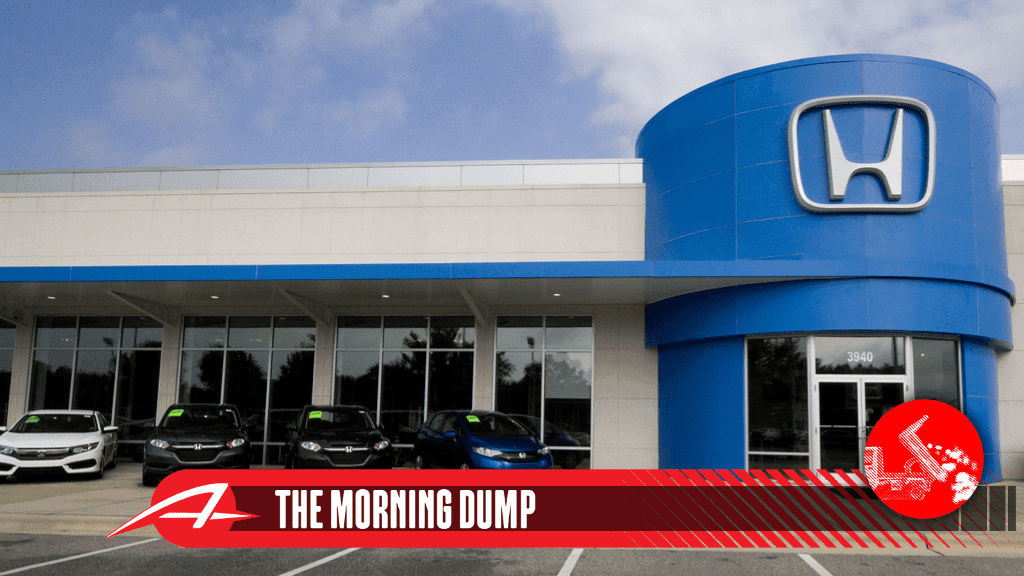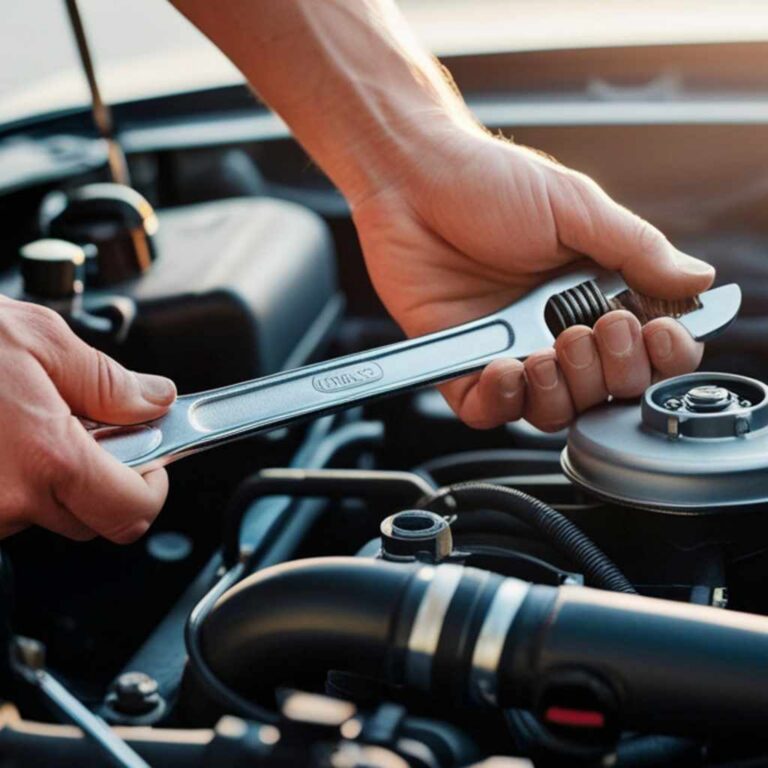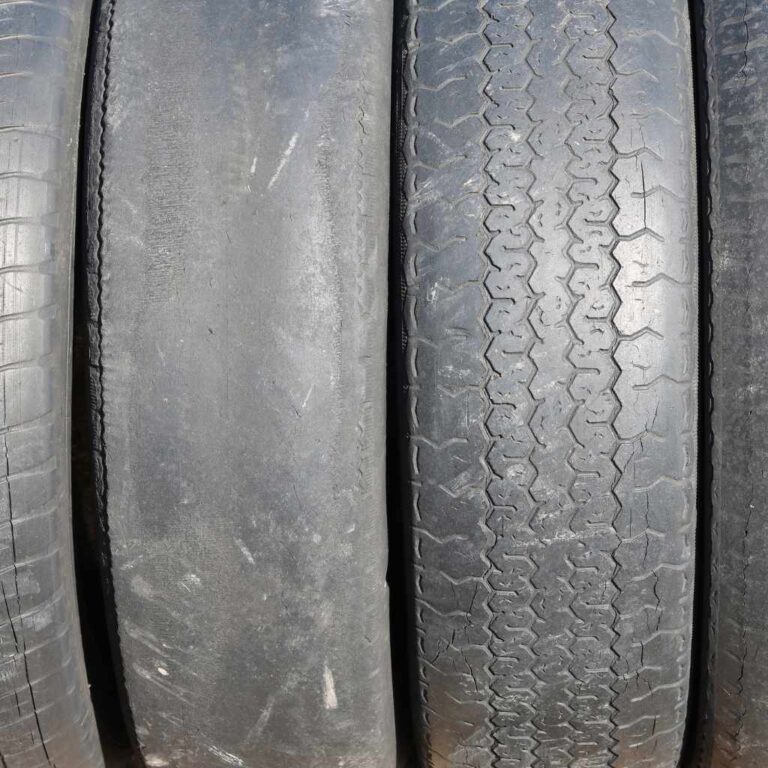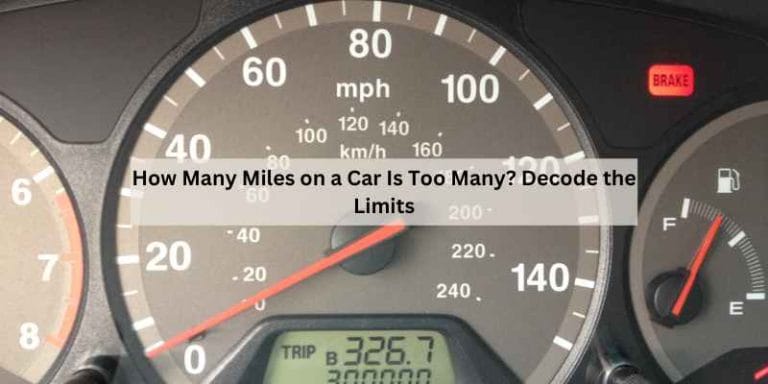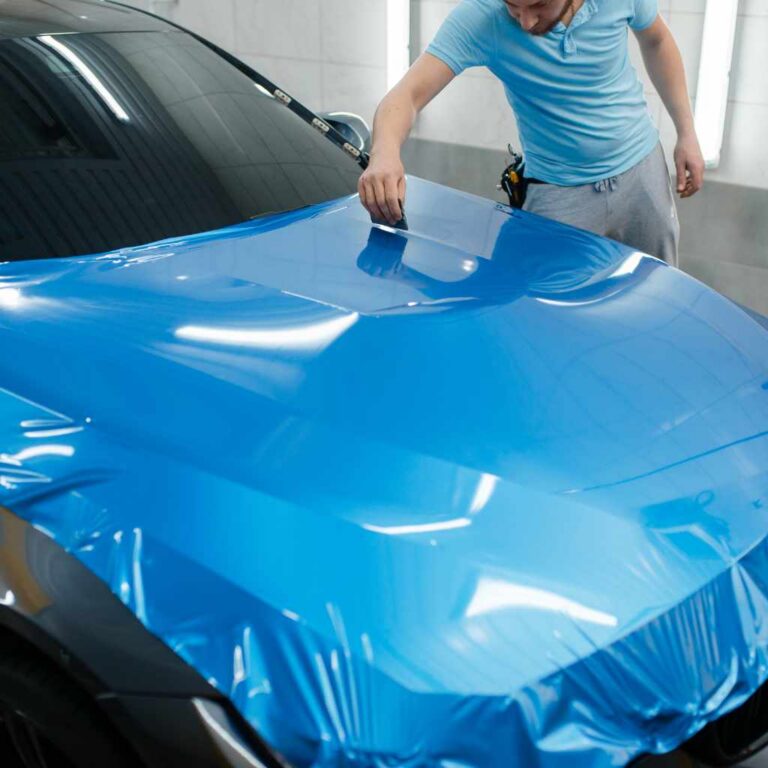Why Car Dealerships Seem Shady: Unveiling Auto Secrets
Car dealerships have earned a notorious reputation for being shady and deceptive in their dealings with customers. This raises the question – why are car dealerships so shady? In this article, we’ll explore some of the reasons behind the shady practices often associated with car dealerships.
Pressure to Make Sales
One of the primary reasons why car dealerships can come across as shady is the intense pressure to make sales. Many dealerships operate on a commission-based system, where the salespeople earn a percentage of each sale. This can lead to aggressive and sometimes deceptive sales tactics as the salespeople are motivated to close deals at any cost.
Profit-Driven Environment
Car dealerships are profit-driven businesses, and the pursuit of profit can sometimes lead to unethical practices. From upselling unnecessary add-ons to manipulating pricing and financing terms, the profit motive can drive dealerships to engage in shady behavior to maximize their bottom line.

Credit: www.nytimes.com
Lack of Transparency
Transparency is often lacking in the operations of car dealerships. This lack of openness can create an environment where customers feel they are not getting the full picture. Hidden fees, unclear pricing structures, and deceptive advertising are some of the ways in which dealerships can appear shady due to their lack of transparency.
Commission-Based Compensation
Many salespeople in car dealerships are compensated based on commission. This compensation structure can incentivize salespeople to prioritize their own financial gain over the best interests of the customers. This can lead to high-pressure sales tactics and a focus on closing deals, sometimes at the expense of honesty and transparency.
Complex Financing and Leasing Terms
The financing and leasing processes at car dealerships can be complex and difficult for customers to navigate. This complexity can be exploited by dealerships to introduce hidden costs and unfavorable terms, leading to a perception of shadiness. Customers may feel overwhelmed and pressured into making decisions without fully understanding the implications.
Industry Reputation
The automotive industry as a whole has had a longstanding reputation for shady practices, which can impact the perception of individual car dealerships. Stories of deceptive sales tactics, misleading advertising, and unethical behavior have contributed to a general distrust of car dealerships, making it harder for honest dealers to overcome this negative perception.
Competitive Environment
The competitive nature of the automotive sales industry can also contribute to the shadiness often associated with car dealerships. In a highly competitive market, some dealerships may resort to underhanded tactics in an attempt to gain an edge over their rivals. This can include everything from false advertising to misleading pricing strategies.

Credit: www.npr.org
Consumer Perception
Consumer perception plays a significant role in the shadiness associated with car dealerships. When consumers expect to encounter shady practices, they may approach the dealership with a defensive mindset, assuming the worst from the outset. This can create a self-fulfilling prophecy, where dealerships feel the need to employ shady tactics to meet the perceived expectations of their customers.
Regulatory Oversight
The regulatory environment surrounding car dealerships varies from region to region, and in some cases, there may be gaps in oversight that allow for shady practices to go unchecked. Without stringent regulations and effective enforcement, dealerships may feel emboldened to engage in deceptive behavior, knowing that the repercussions are minimal.
Frequently Asked Questions
Are All Dealerships Shady?
Not all dealerships are shady. While some dealers may engage in unethical practices, many others operate with integrity and build long-term relationships with their customers. It’s important to do your research and choose a reputable dealership that prioritizes transparency and customer satisfaction.
How Do You Know If A Dealership Is Scamming You?
Watch out for high-pressure sales tactics, hidden fees, and misleading information about financing or warranties. Always read the fine print and research the dealership’s reputation.
What Are The Worst Months For Car Dealerships?
The worst months for car dealerships are typically January and February due to lower consumer spending after the holiday season.
Why Do Dealerships Always Want Money Down?
Car dealerships often require a down payment to reduce the upfront risk for lenders. If you purchase a car with no money down, you may face higher interest rates and potentially pay more over time. A down payment helps lenders mitigate their risk and can provide better loan terms.
Conclusion
Car dealerships have gained a reputation for being shady due to a combination of factors, including the pressure to make sales, a profit-driven environment, lack of transparency, and a competitive industry. However, it’s important to note that not all car dealerships engage in shady practices. Many dealerships prioritize ethical conduct and strive to provide a positive and transparent experience for their customers. By being aware of the factors that contribute to shadiness in the industry, consumers can make more informed decisions when engaging with car dealerships.
It’s essential for consumers to research and understand their rights and the terms of any deal before entering into a transaction with a car dealership. By being proactive and informed, consumers can protect themselves from falling victim to shady practices and ensure a more positive car-buying experience.

